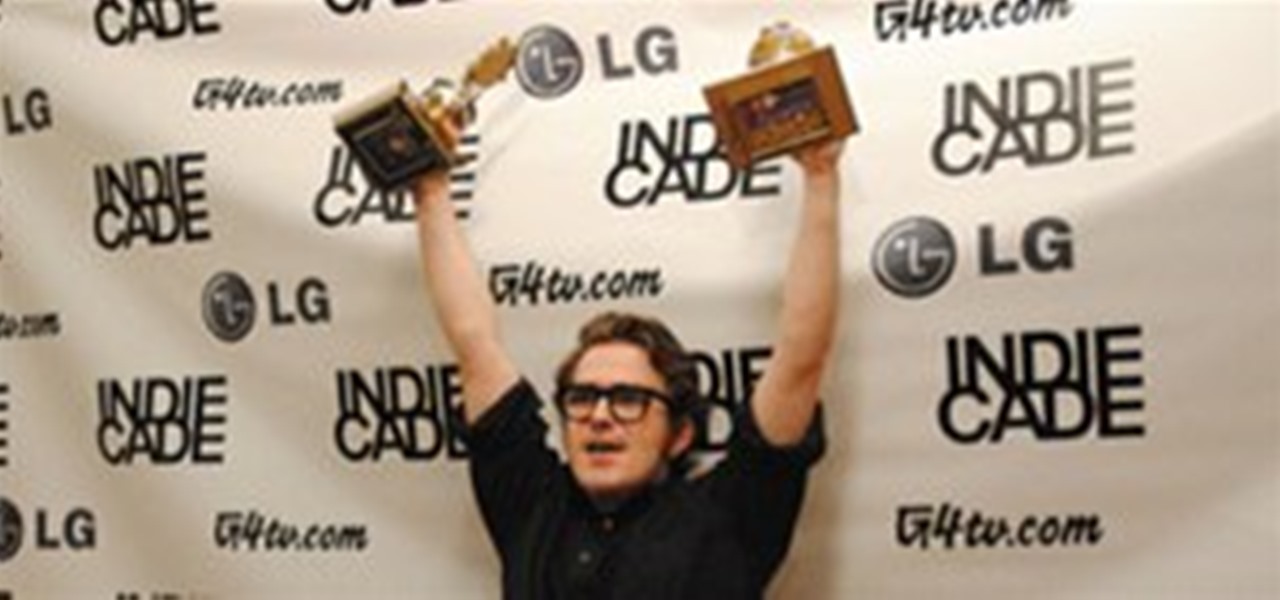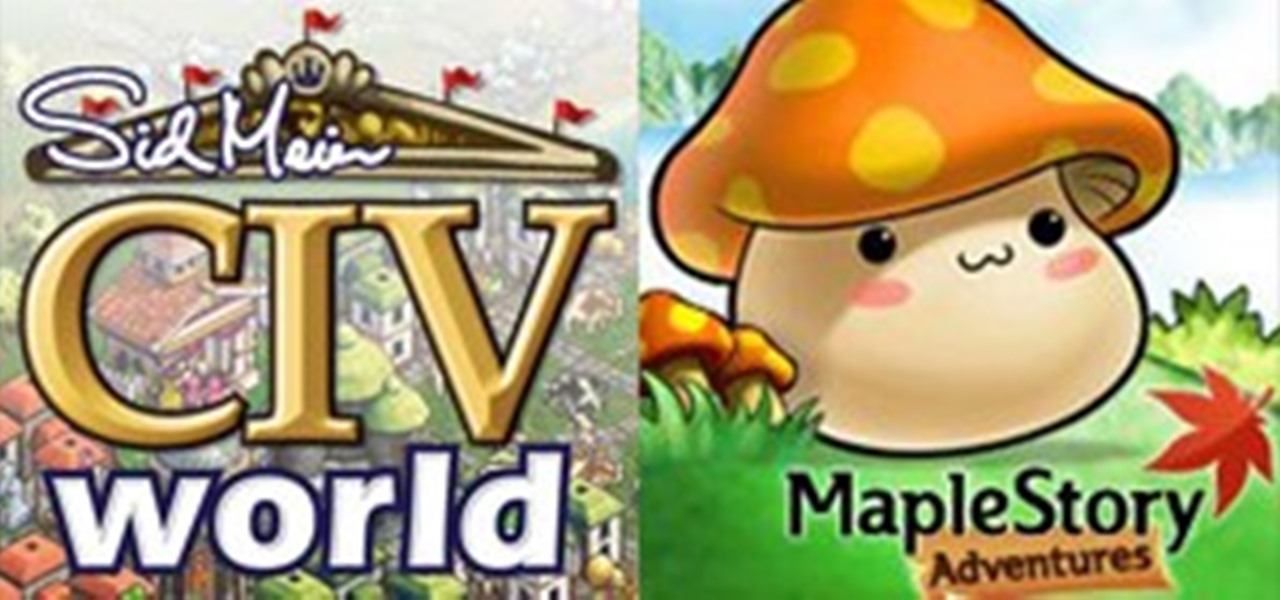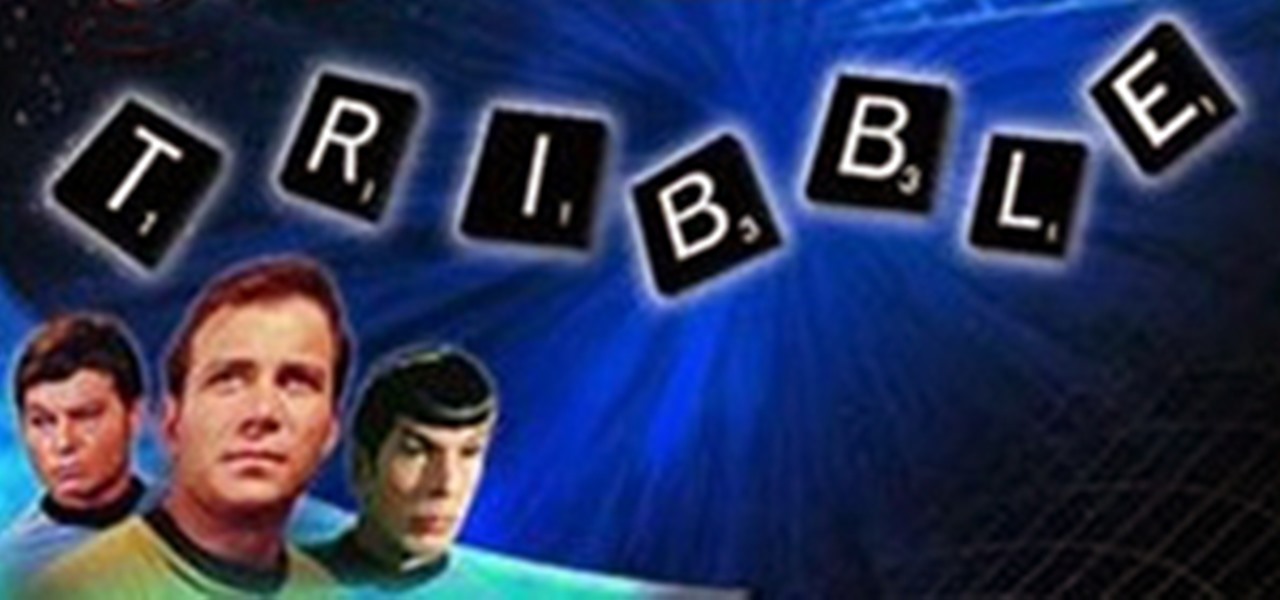
Last Thursday, on October 7th, indie game developers from around the world walked down a red carpet in Santa Monica, California in the hopes of winning an IndieCade award. We previously discussed the IndieCade festival and conference, but the award show is a smaller, more inclusive event that provides finalists the opportunity to see their project on stage with rewards by sponsors such as LG, who presented this year’s ceremony.

The Kinect for Xbox 360 and PlayStation Move might be fun to play with, but people do not look very cool while they're doing it. Air guitar is not particularly flattering (even if done on stage), and neither is air-anything else, as pleasurable as it might be. This is why I find it strange that a group of admen somewhere in the world think these kinds of commercials would appeal to anyone.

Facebook games are ostensibly all about connecting their players. Yet, in many ways they exist on an isolated island. That's one of the reasons traditional gamers and game franchises have avoided Facebook in the past. And all of the breakout hits so far on Facebook have been cheap PC game ripoffs from the 90s, like FarmVille and ports of other popular casual games.

The developing team Techland gets a free pass. Having thoroughly enjoyed their previous title, Call of Juarez: Bound in Blood, this sequel was bought on day one by good ol' fashion blind faith. After playing for most of today, it's still to early to tell if the game is a mess or a fun romp. Here are some first impressions.

Game demos are unfortunately a dying breed. While broadband has made it easier than ever to distribute demos to PC and console gamers, they've become more expensive and risky to make. They seldom come out before the full game, especially for AAA games. Developers realize their games are crud and that a demo is just going to make people not want to buy it.

Like the press covering film and many other specialized fields, video game journalists use all sorts of jargon to convey to their knowledgable readers as much information about a game as quickly as possible. For non or newbie gamers, this can be extremely confusing.

The game has undergone many transitions over the years, since its days as LEXIKO (1931) to its briefness as CRISS CROSS WORDS to its current and amalgamated, renowned brand of SCRABBLE. There has been many editions of the word board game along that historic metamorphosis, and SCRABBLE has even given in to pop culture, sports memorabilia, and fanaticism.








